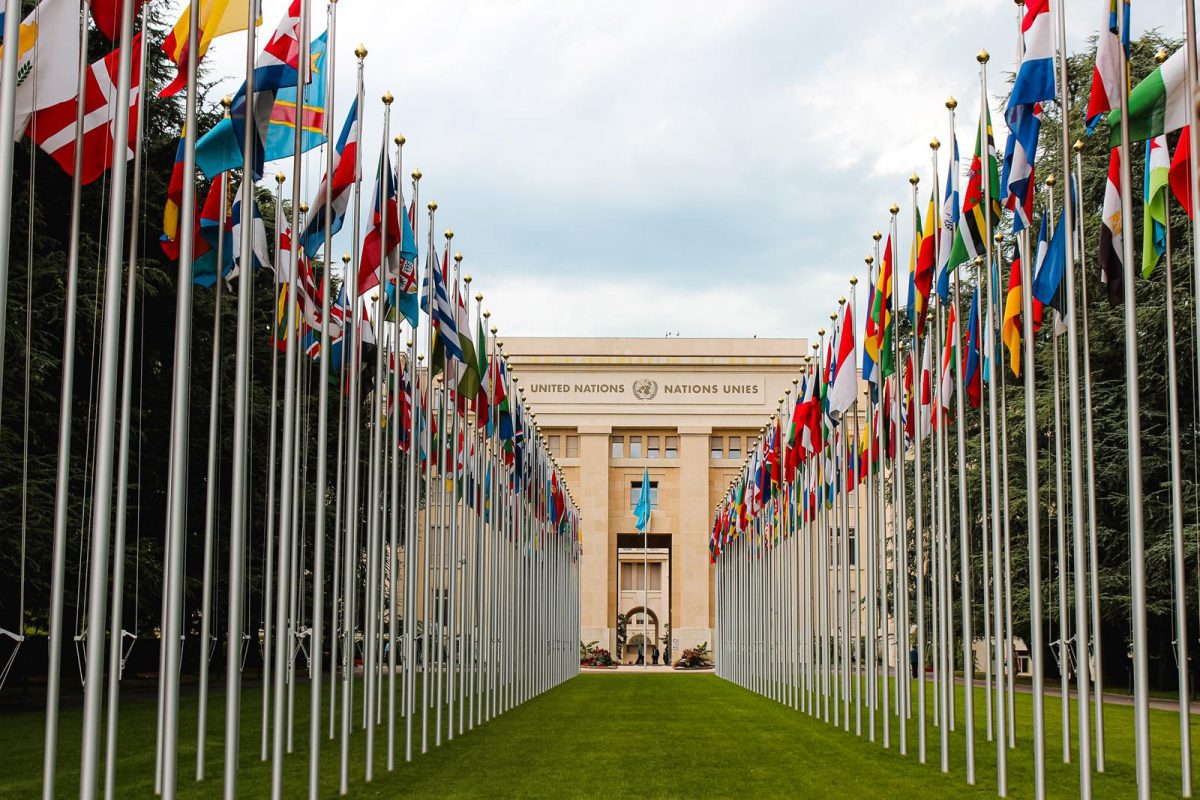The Balance Of Justice Between Rights And Justice

Though they are fundamental ideas in democratic countries, rights and justice can find themselves in conflict. Emphasizing personal freedoms and protections incorporated in law to defend human dignity, freedom of speech, privacy, and equality, rights highlight Conversely, justice aims to guarantee that processes run objectively and that results benefit society as a whole, therefore seeking fairness in the larger social framework. The balance between these principles is a constant negotiation molded by changing values, legal interpretations, and social reality; it is neither permanent nor straightforward. Inequality may become worse when rights are claimed without thinking through fairness. On the other hand, when justice supersersedes personal liberties, authoritarian control runs the danger. For individuals, legislators, and court systems all over, knowing this balance is crucial as it shapes the moral compass guiding society.
Rights as the Cornerstone of Individual Freedom
Many times, rights are seen as unchangeable shields against the arbitrary use of authority. Civil and human rights let individuals exercise their faith, express themselves, get an education, and live free from persecution-related fear. Considered as the core of personal liberty, these rights are embodied in constitutions, charters, and international declarations as guiding ideas for democratic government. Acknowledging rights guarantees the inherent value of every person and acts as both a moral and legal compass, therefore restricting the extent of governmental power.
Still, the assertion of rights in a judicial system has to balance more general society consequences. Exercise of one person’s right may contradict another’s safety, equality, or well-being. One often used example comes from the conflict between hate speech prevention and freedom of expression. Regular tasks assigned to courts include determining where such limits lay, thereby safeguarding of rights without compromising the general welfare. This interaction shows that the quest of justice must balance rights; they cannot be absolute in actuality and thus properly serve a diverse community.
Justice as the Fulfillment of Societal Fairness
In its most perfect form, justice goes beyond legal rules to include moral obligation, fair treatment, and moral duty. While social justice digs farther, addressing past injustices and systematic hurdles impacting communities, legal justice guarantees uniform application of the law. From racial discrimination and gender inequality to financial imbalance and access to education, justice works to overcome the gaps that prohibit equitable participation in public life. It probes not just whether laws are being obeyed but also if the results that laws generate are really fair.
Many times, particularly when the objective is to redress deeply ingrained disparities, justice may call for acts that appear to violate personal rights. Justice-oriented policies seeking group benefit include redistributive tax systems, public health regulations, and affirmative action programs. These indicate a dedication to level the playing field for underprivileged groups, even when others might criticize them as violations of personal freedom or economic liberty. This intricacy shows the ongoing adaptation needed to respect rights as well as justice in political and judicial institutions.
The Judiciary’s Role in Mediating the Balance
Maintaining the harmony between rights and justice depends mostly on courts. Judges often arbiters in conflicts when these values seem to collide by means of judicial review and interpretation. Historic decisions in constitutional democracies have shaped the boundaries of this interaction. Whether judging on surveillance laws, reproductive rights, or freedom of religion, the court is charged with ensuring that individual liberties are honored without erasing the fabric of community equality or security.
The work is really difficult. Legal systems are often vague, and society values change with time. Judges must so read legislation with awareness for historical background, cultural change, and new ethical issues. Their choices may establish strong precedents that either increase the harmony between rights and justice or generate fresh conflicts. The court should ideally see society in which rights support justice and justice improves the whole enjoyment of rights. This calls for a sophisticated knowledge of law, sympathy for human complexity, and a commitment to moral judgment.
When Rights and Justice Seem to Collide
There have been times in history and in modern policy making when the equilibrium between rights and justice becomes especially precarious. In times of crisis—such as public health crises or threats to national security—governments may restrict certain rights in the name of group welfare. These steps may spark intense arguments about overreach and the diminution of civil freedoms. In such situations, keeping faith in institutions becomes critical as people have to believe that any restriction of rights is transitory, reasonable, and required.
Likewise, reform of criminal justice emphasizes how systematic mistakes in the name of justice could violate personal liberties, particularly for underprivileged populations. Racial profiling, mass imprisonment, and too aggressive police represent a warped search of justice devoid of basic human decency. Reform initiatives seek to reestablish a more fair equilibrium in resolving these problems, therefore guaranteeing that the ideas of justice do not compromise fundamental liberties. These illustrations highlight the dynamic character of the rights-justice connection in which misalignment may cause major social damage.
Conclusion
Essential for the health and integrity of democratic society, the link between rights and justice is an ongoing balancing act. While justice guarantees that such liberties do not exist in a vacuum but rather help to create a fair and functional social order, rights provide the basis for safeguarding individual liberties. These ideas are not intrinsically in contradiction; rather, their harmonization calls for careful policymaking, communication, and alertness. Courts, legislators, and civil society all have duties to help to make sure that neither ideal dominates the other. Society runs the danger of growing inequality when rights are safeguarded without respect for justice; it runs the danger of authoritarianism when justice is sought without consideration for rights. The difficulty is in weaving them together to create a legal and moral fabric robust enough to sustain every member of society, not in deciding between them. Seeking this balance honors the dignity, justice, and common humanity at the core of every fair and free society.